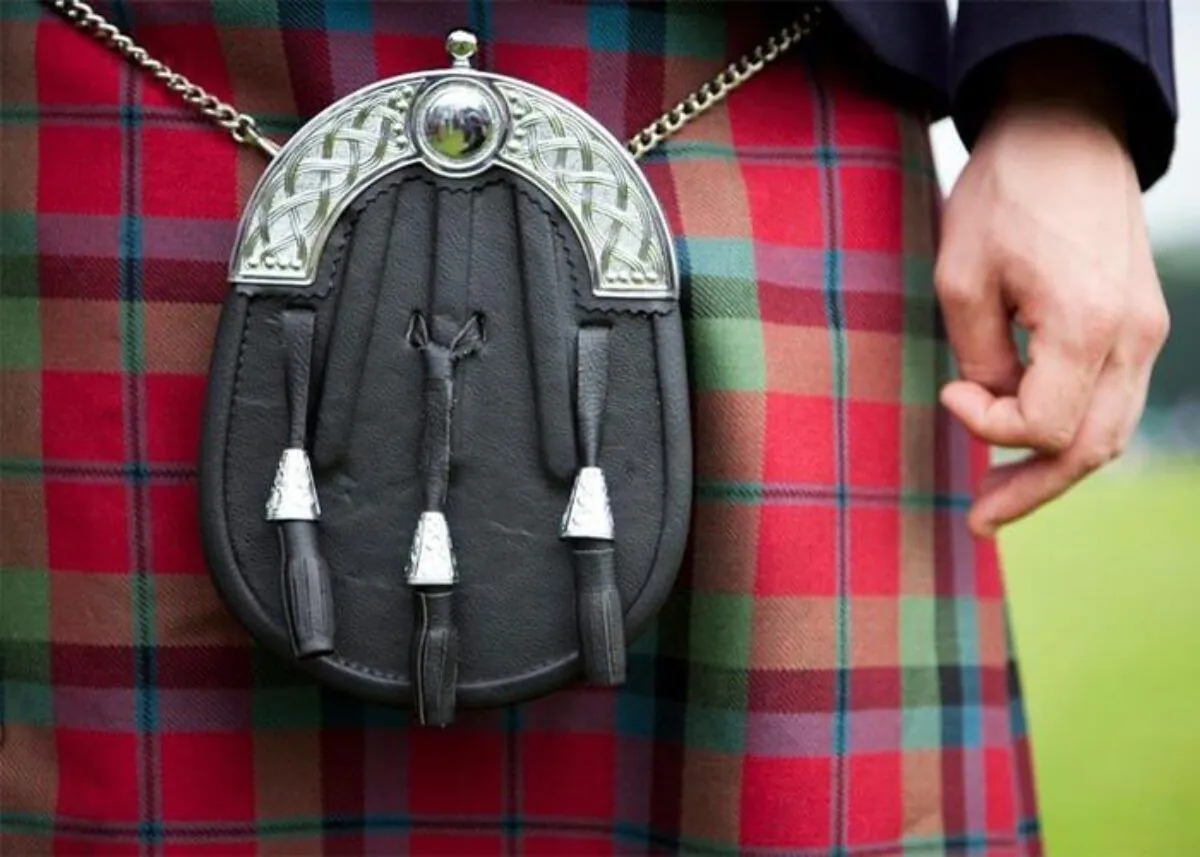The ancient Scottish craft of sporran making is facing an unprecedented challenge. Malcolm Scott, a traditional sporran maker in Edinburgh, warns that this centuries-old trade is "critically endangered" due to an influx of cheap foreign imports.
Scott's family business, established in 1937, exemplifies the struggle of local artisans against mass-produced Highland wear from overseas. The sporran, a leather pouch worn with kilts, has been an integral part of Scottish attire since the 12th century. However, with fewer than 20 professional sporran makers remaining in Scotland, the craft's future looks uncertain.
The sporran, derived from the Gaelic word "sporan" meaning purse, serves both decorative and practical purposes. Originally used to carry food or ammunition, modern sporrans often accommodate wallets and mobile phones. Crafted from materials such as leather, fur, metal, and horsehair, traditional sporrans require several hours of meticulous work.
Scott emphasizes the quality and durability of handcrafted sporrans, stating, "The sporrans we make will last longer than you will." However, he acknowledges the difficulty in competing with mass-produced versions, particularly those imported from Pakistan, which are sold at significantly lower prices.
The impact of these imports extends beyond sporran making, affecting other elements of Highland dress production, including kiltmaking. This trend threatens not only individual businesses but also an important aspect of Scottish heritage.
"The whole trade has changed completely in the last few years. We're not the only traditional Scottish trade that's in this position – the numbers of kiltmakers, jacket makers and more have declined."
While consumers may be drawn to lower-priced options, Scott urges people to consider the broader implications of their choices. Supporting Scottish industry and preserving traditional craftsmanship are crucial for maintaining cultural heritage.
As the sporran-making trade faces this critical juncture, it serves as a reminder of the delicate balance between tradition and modernization in an increasingly globalized world.
